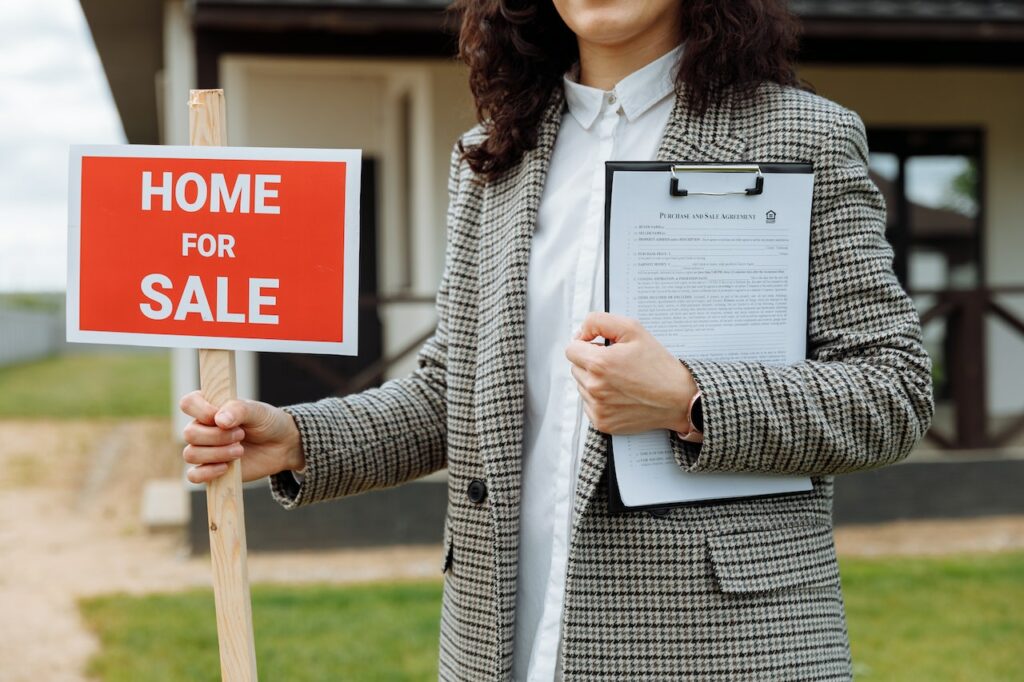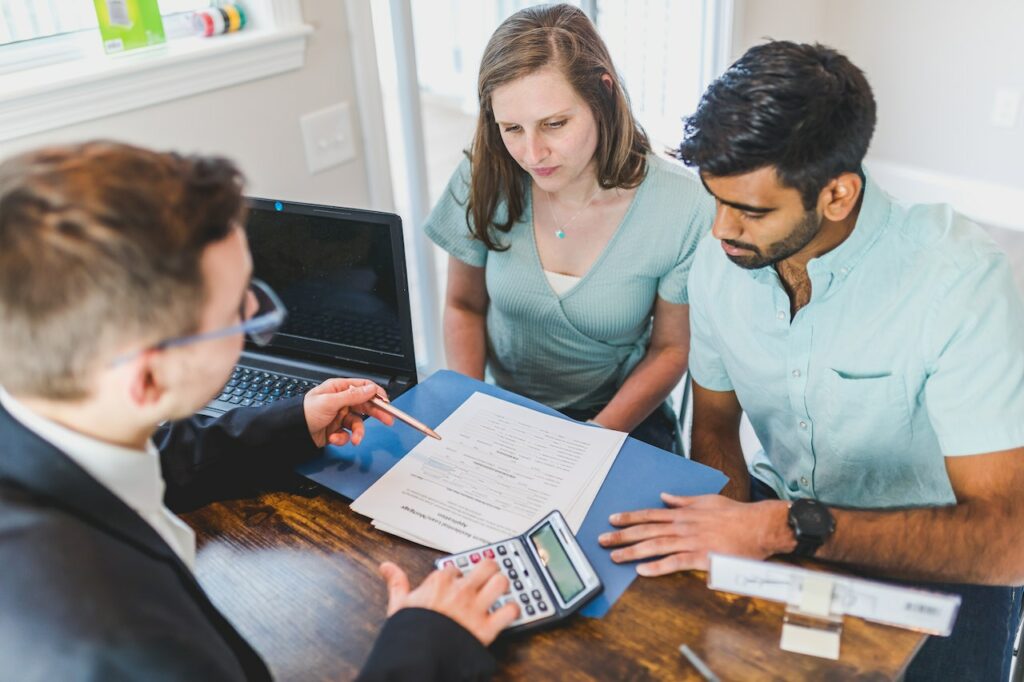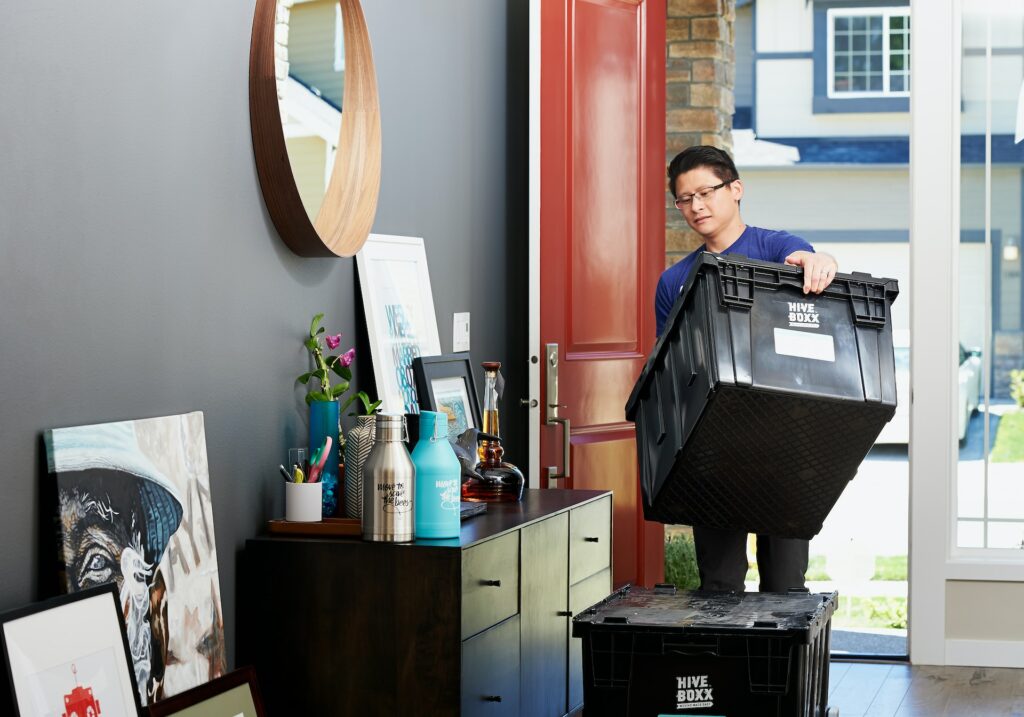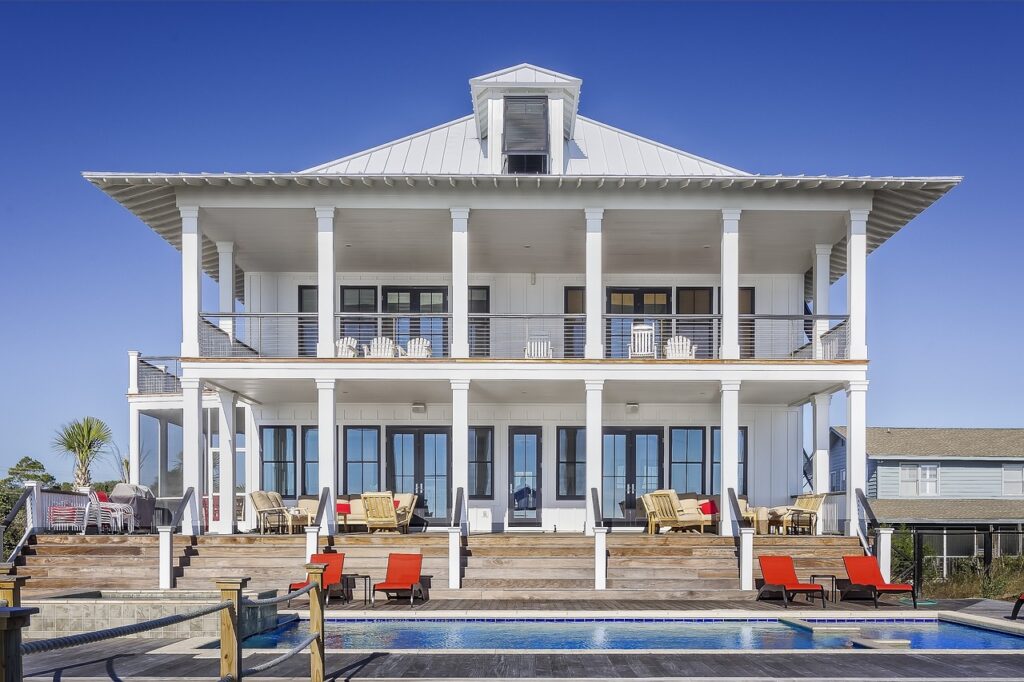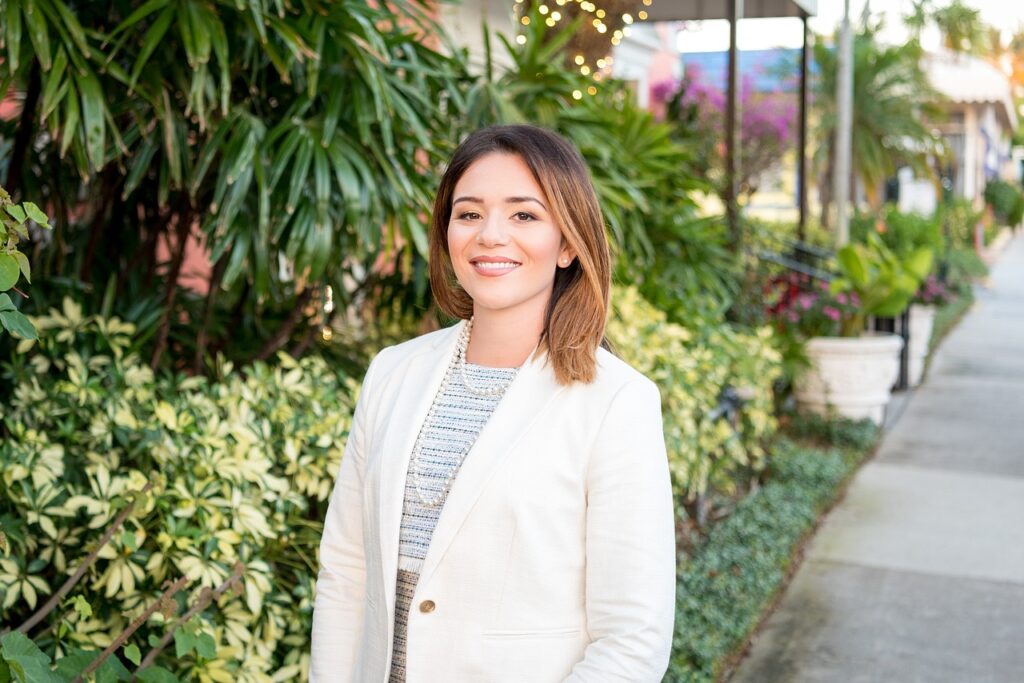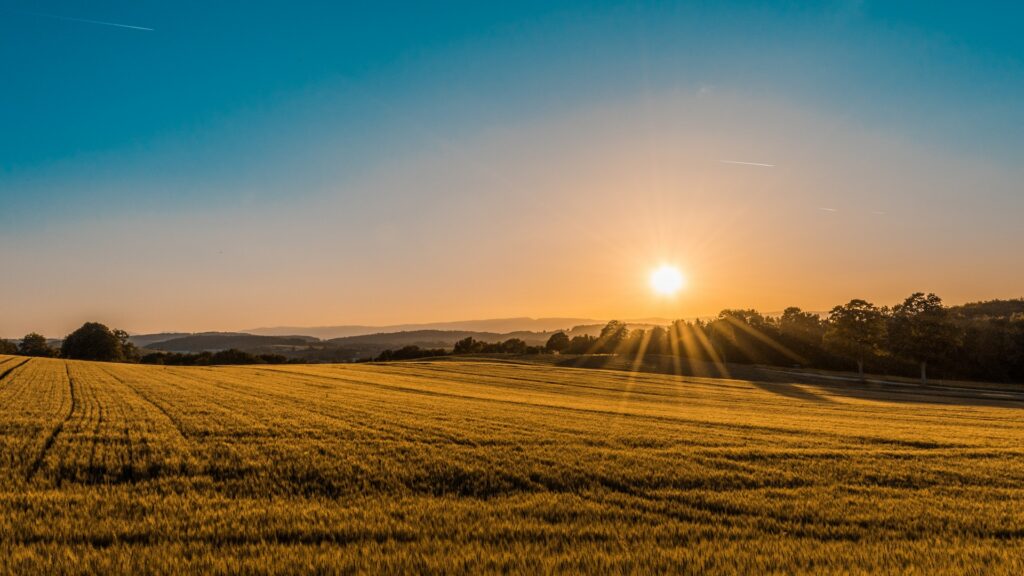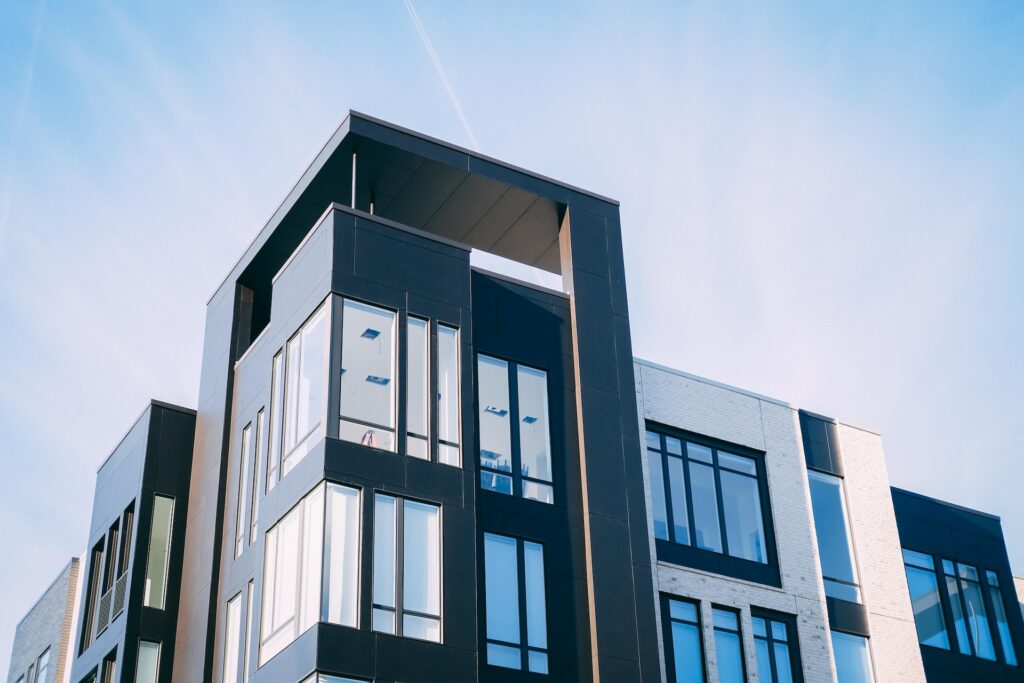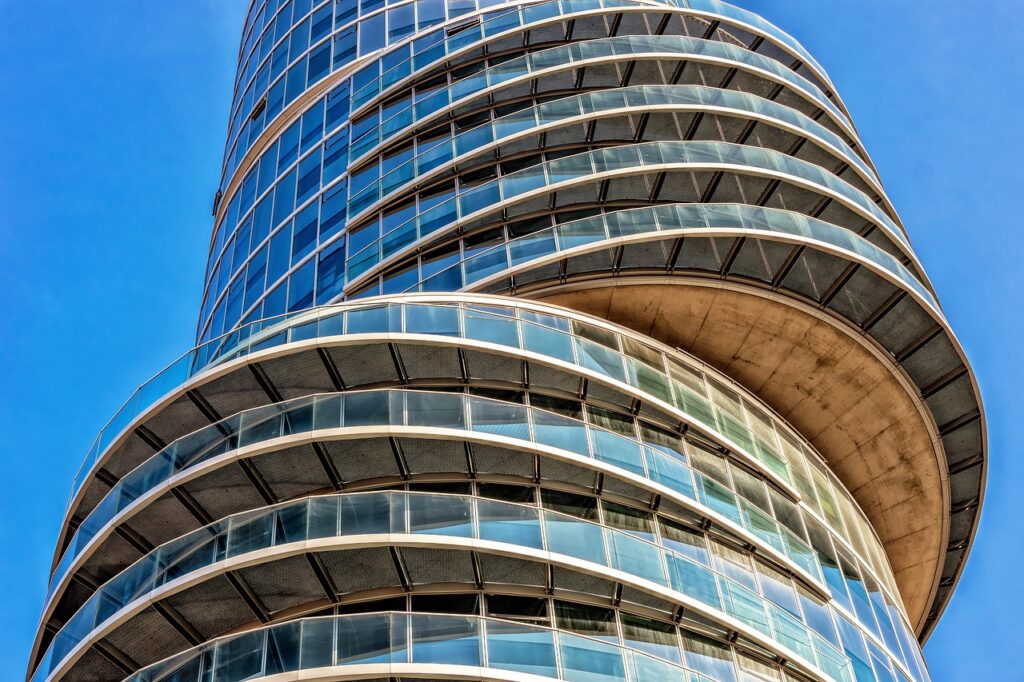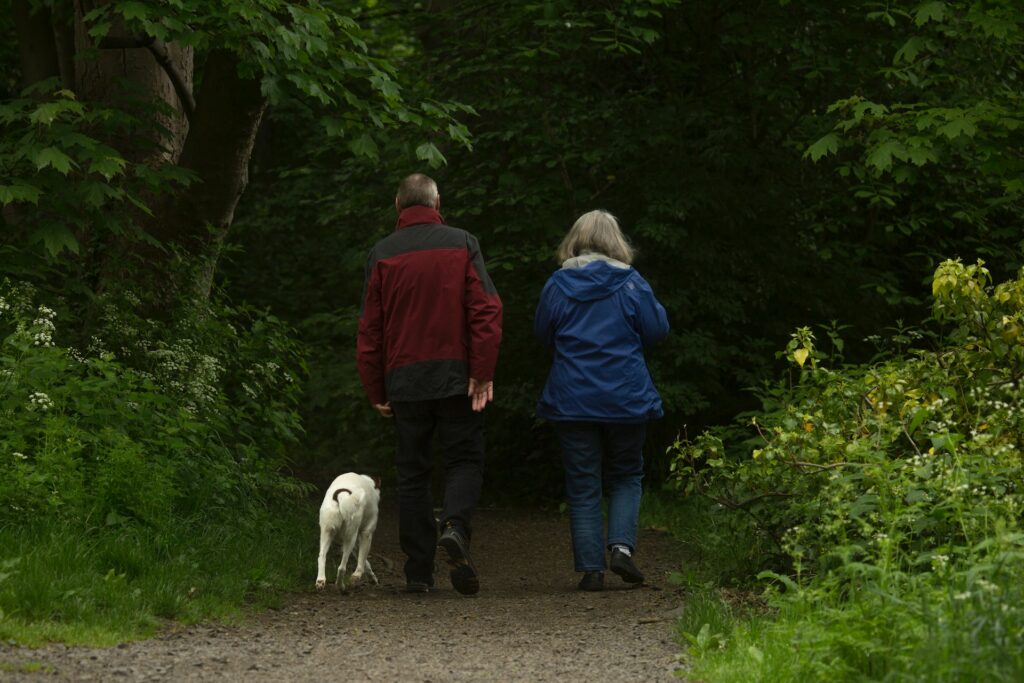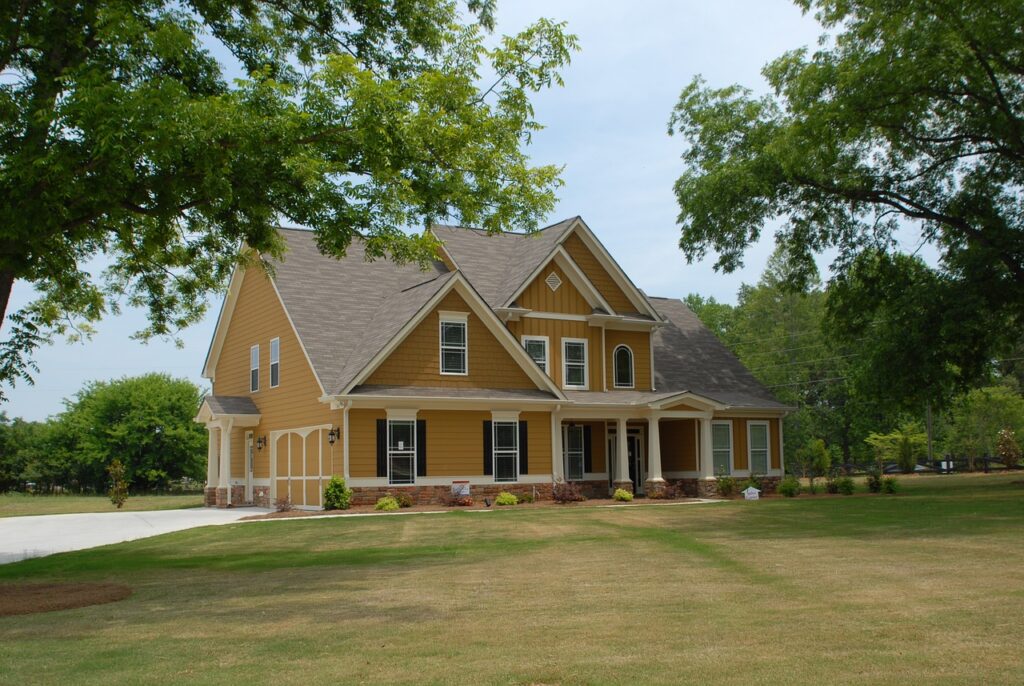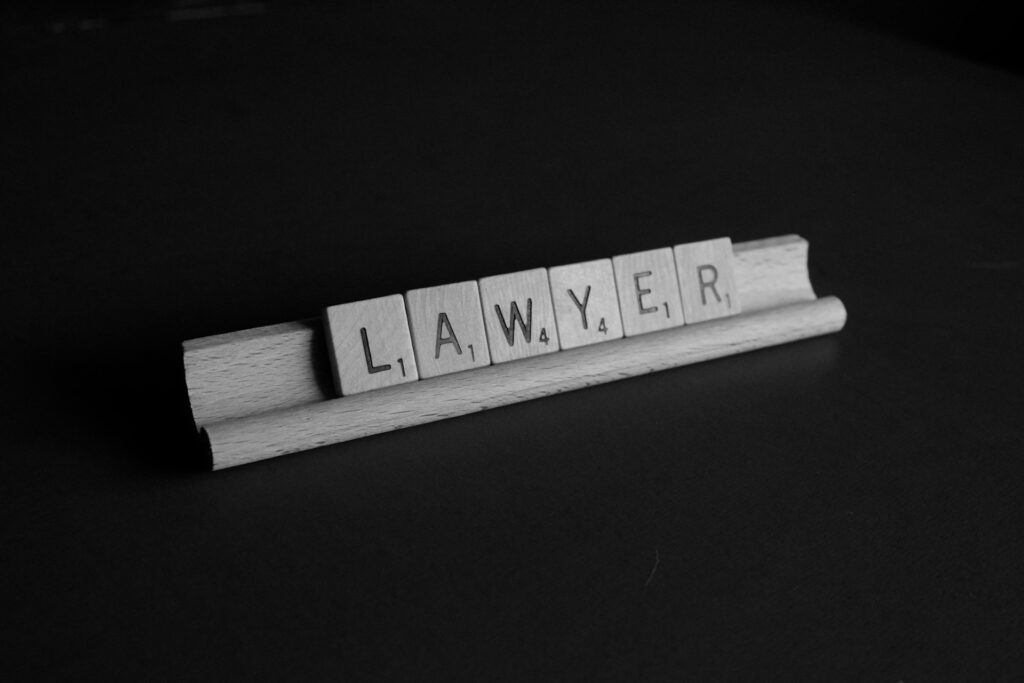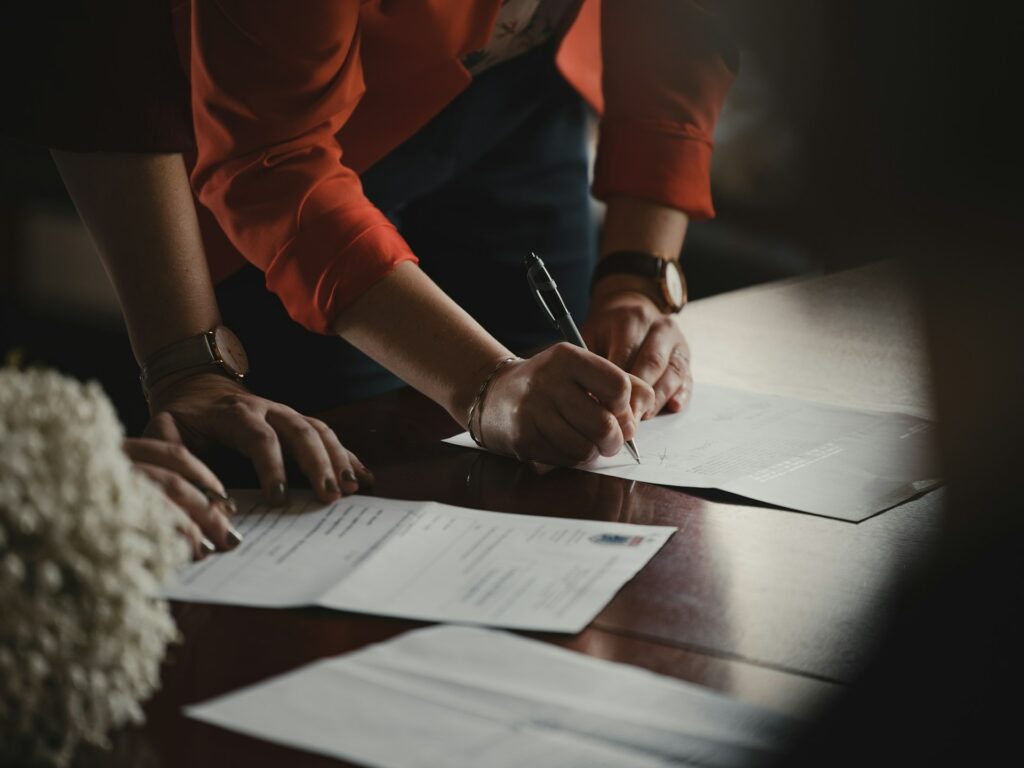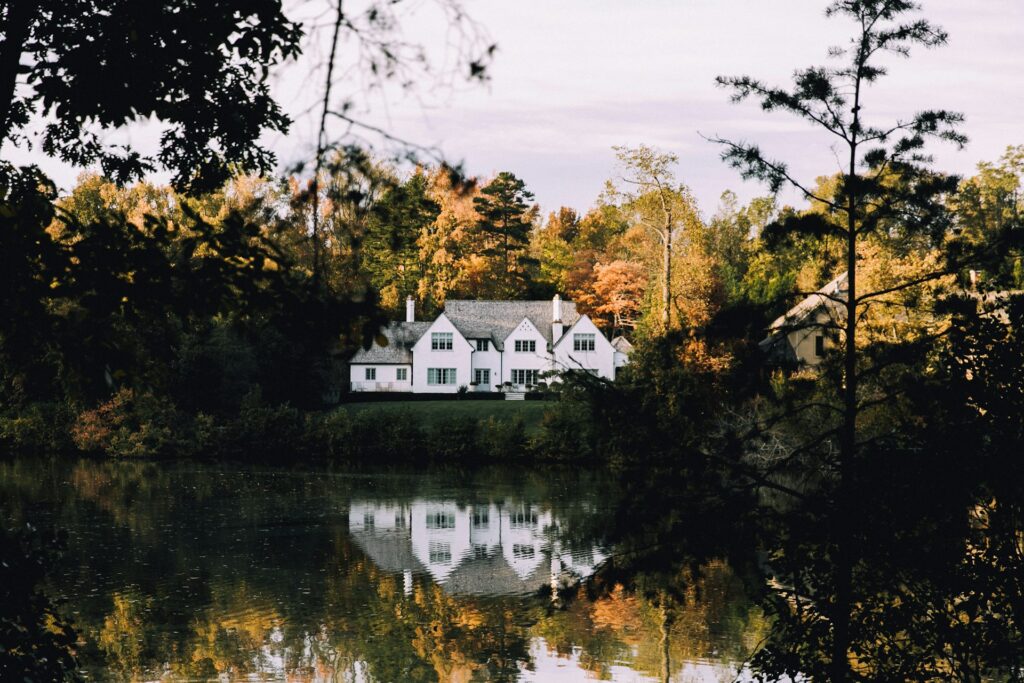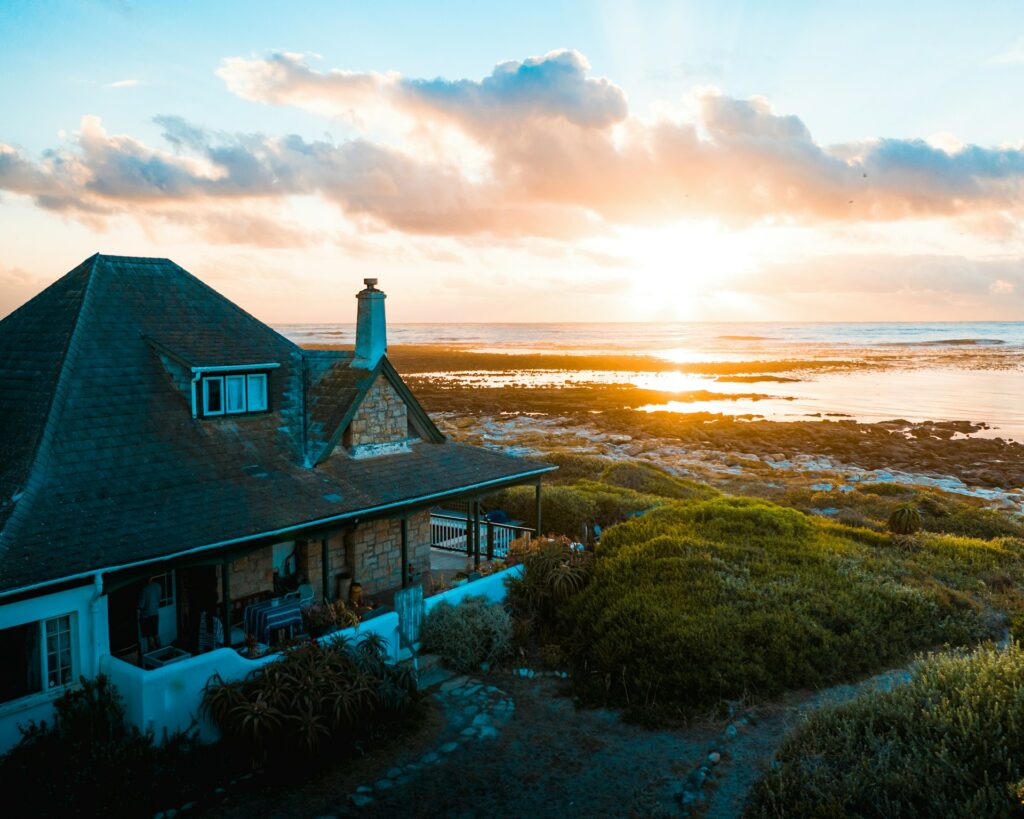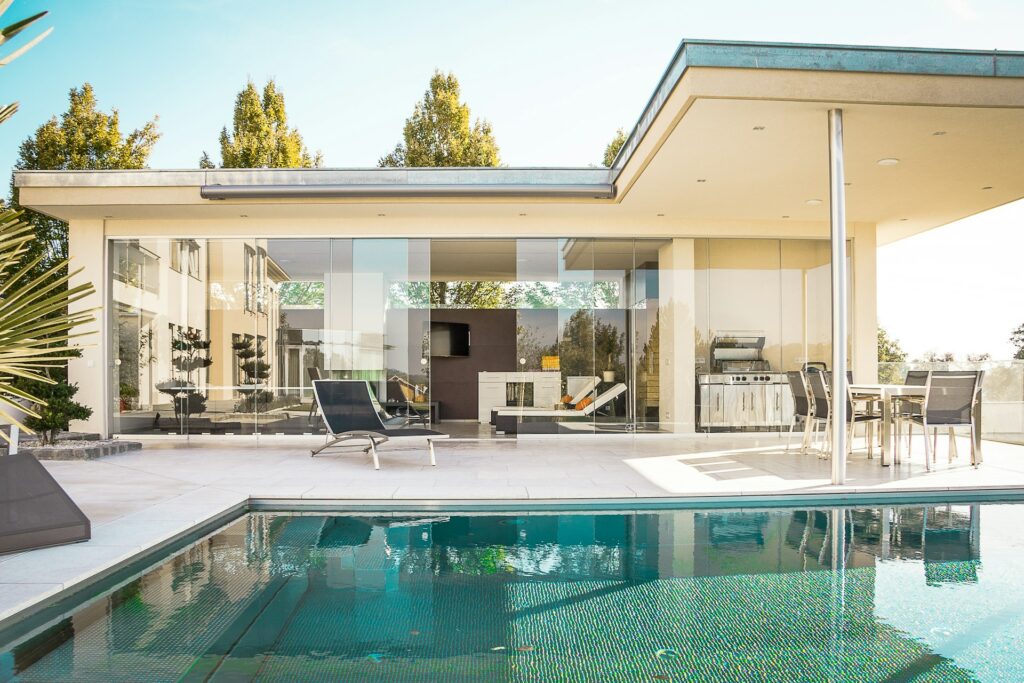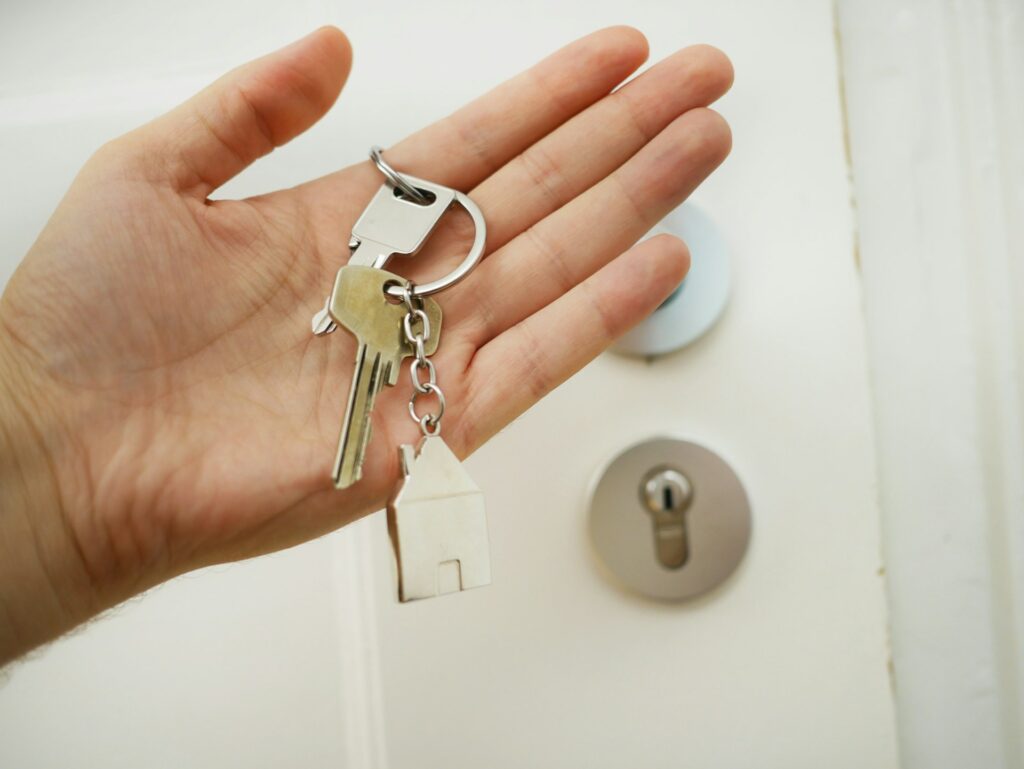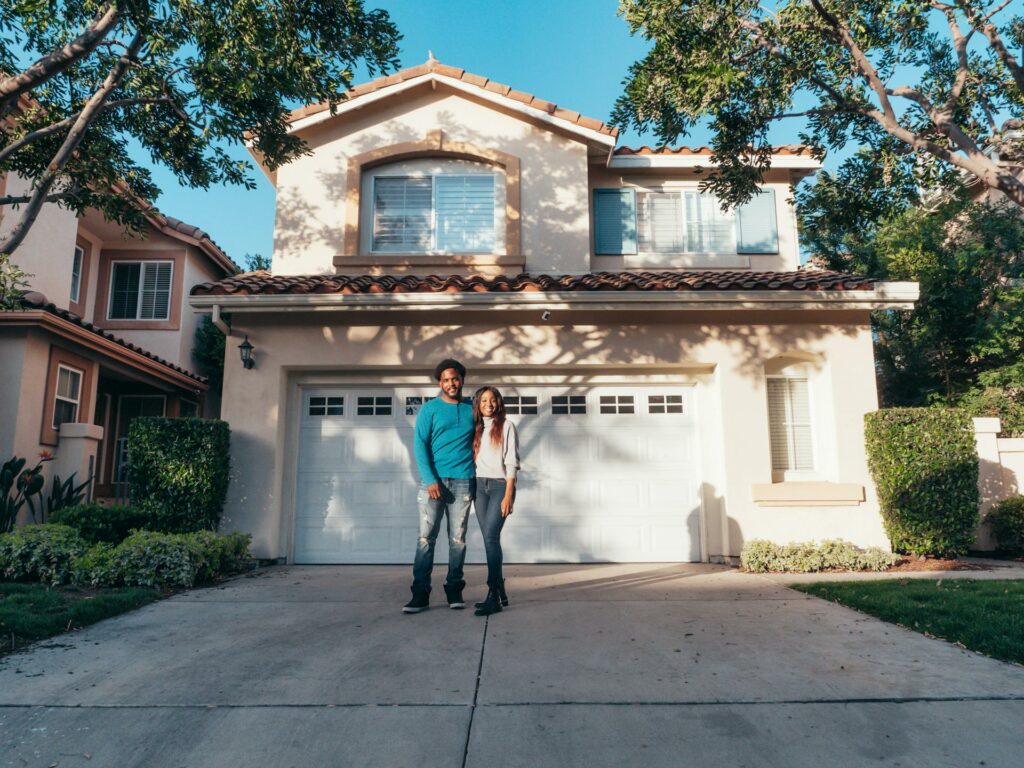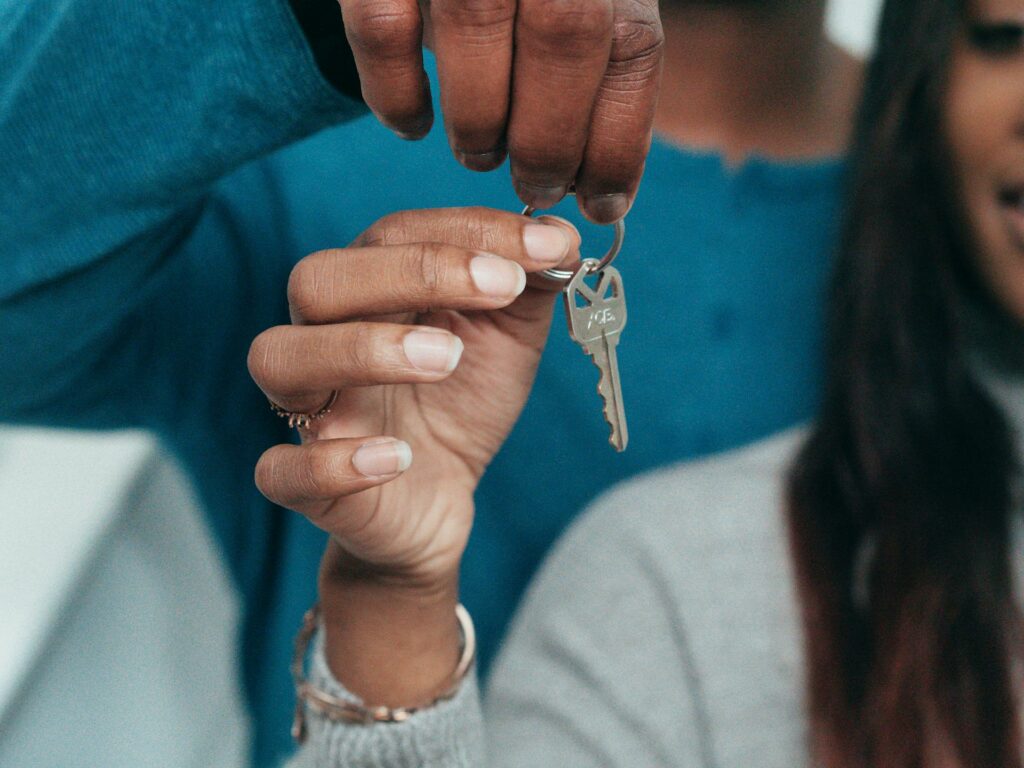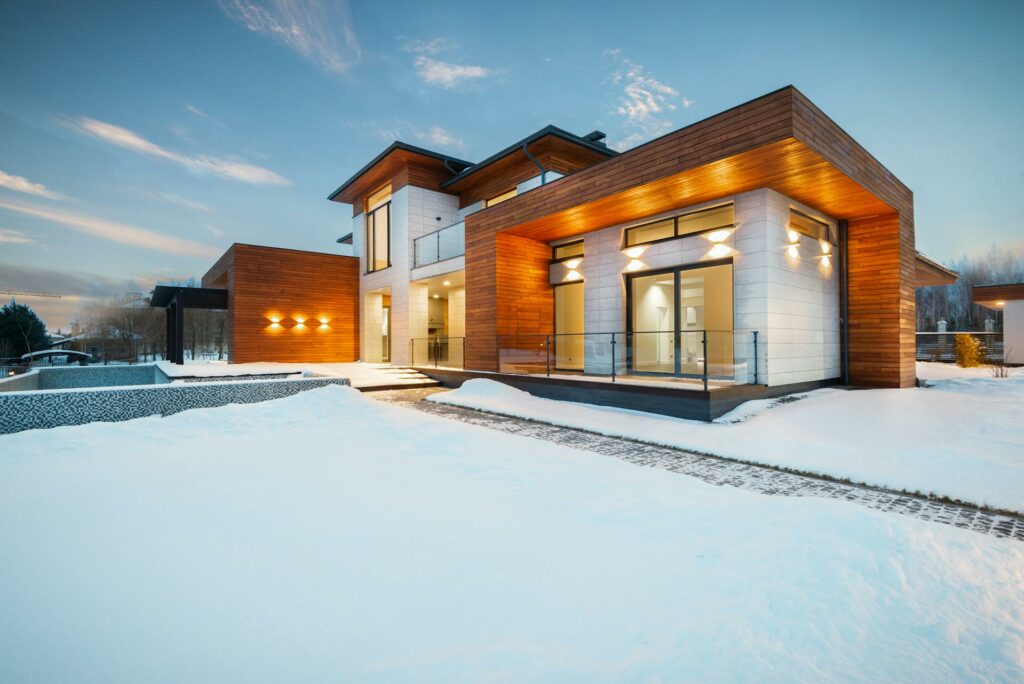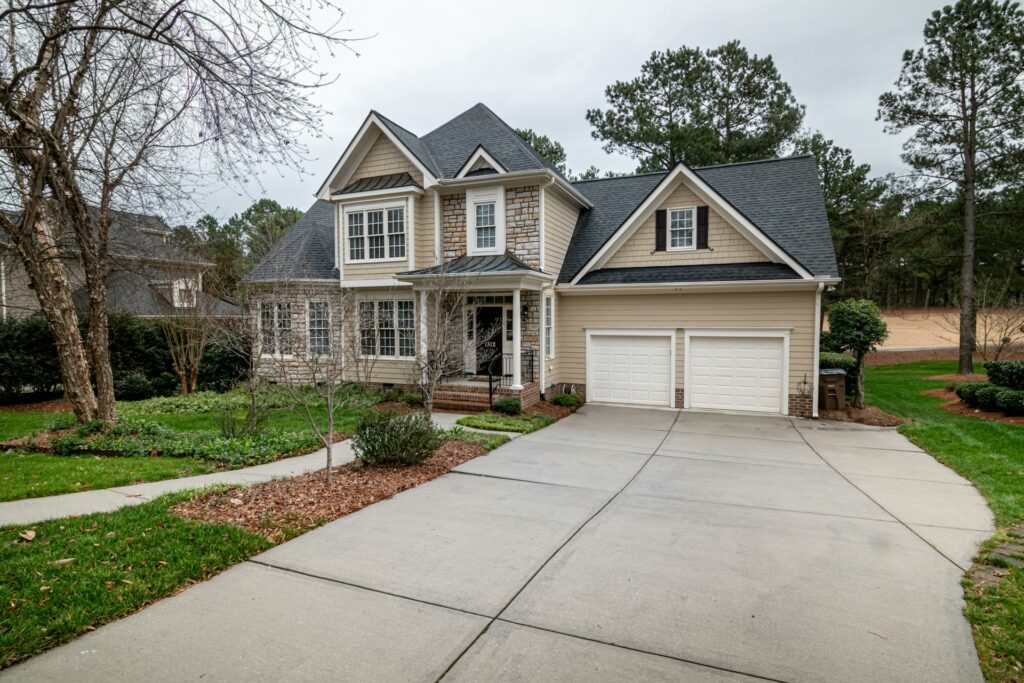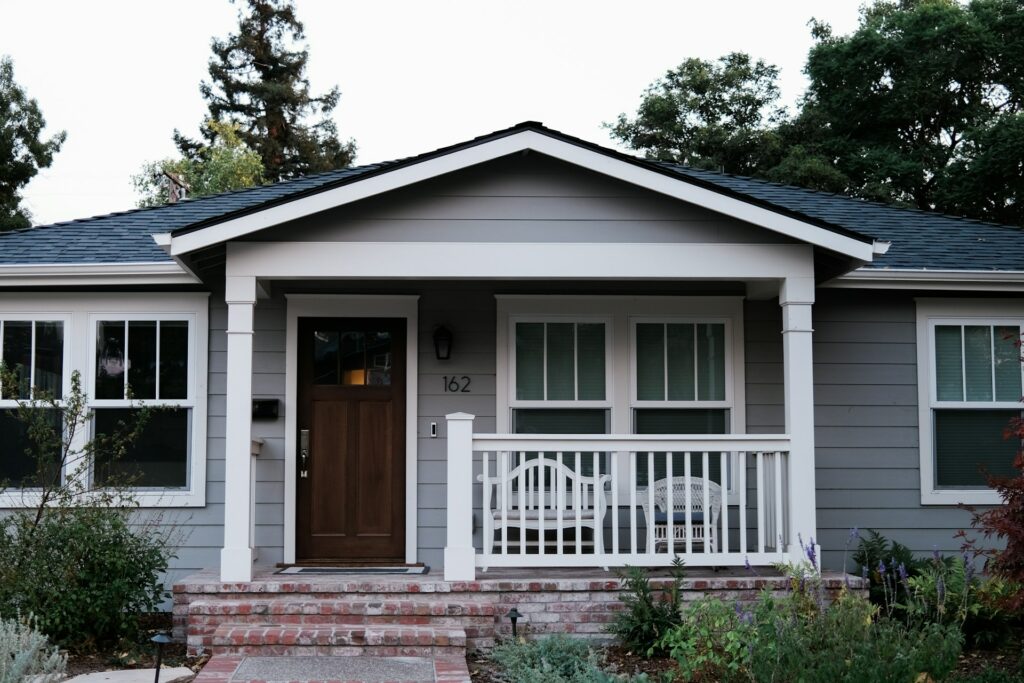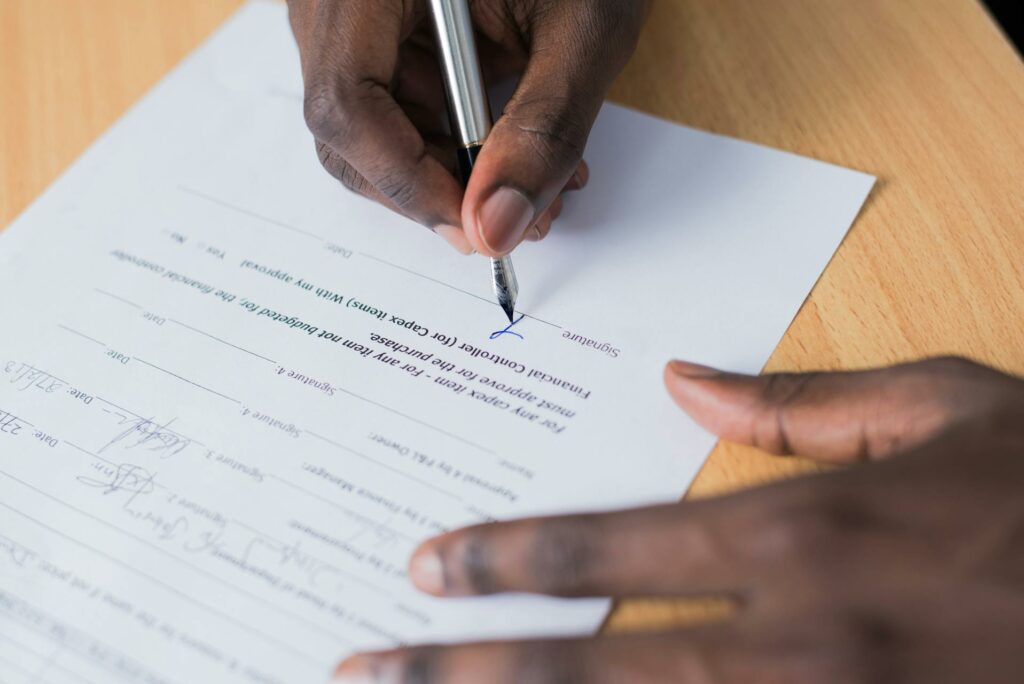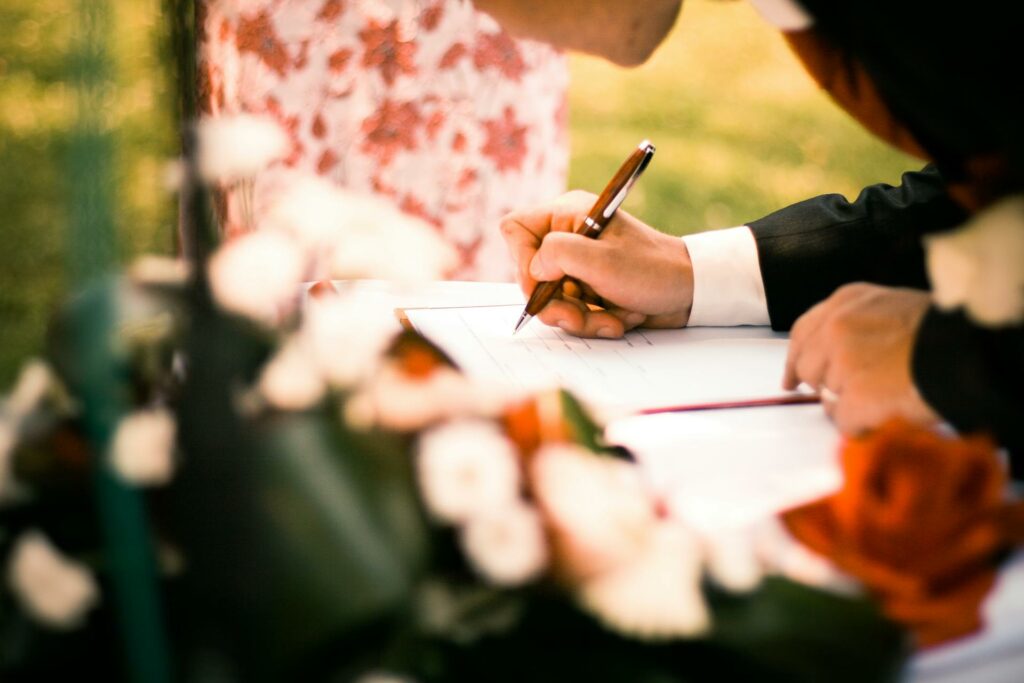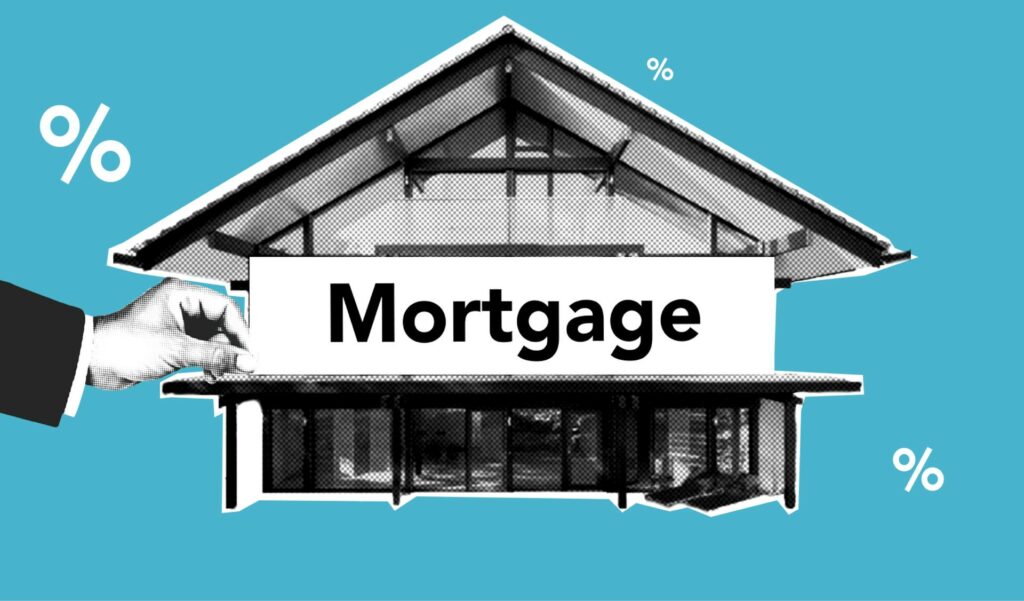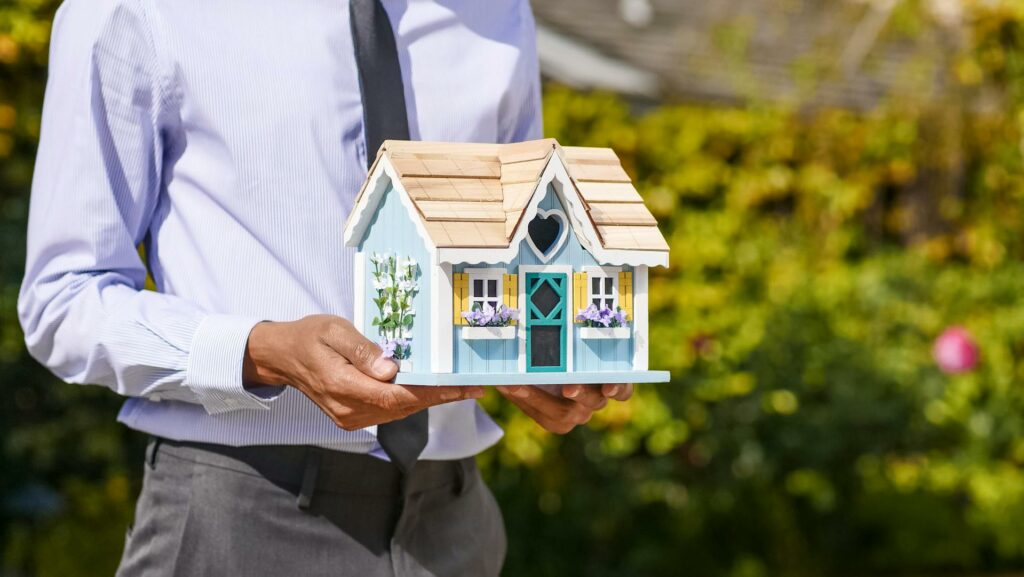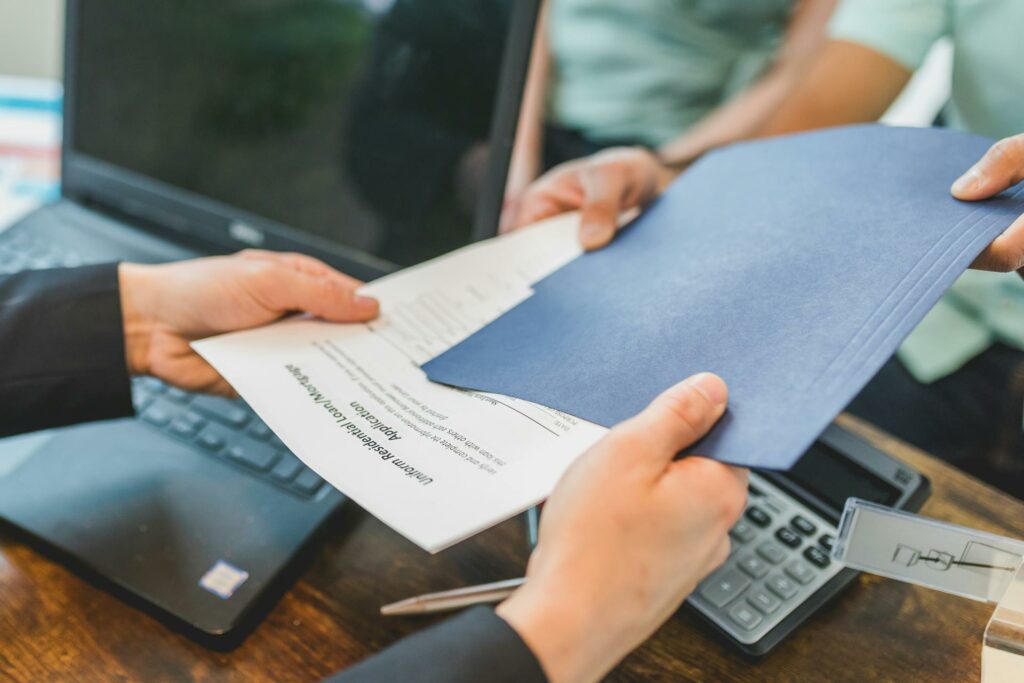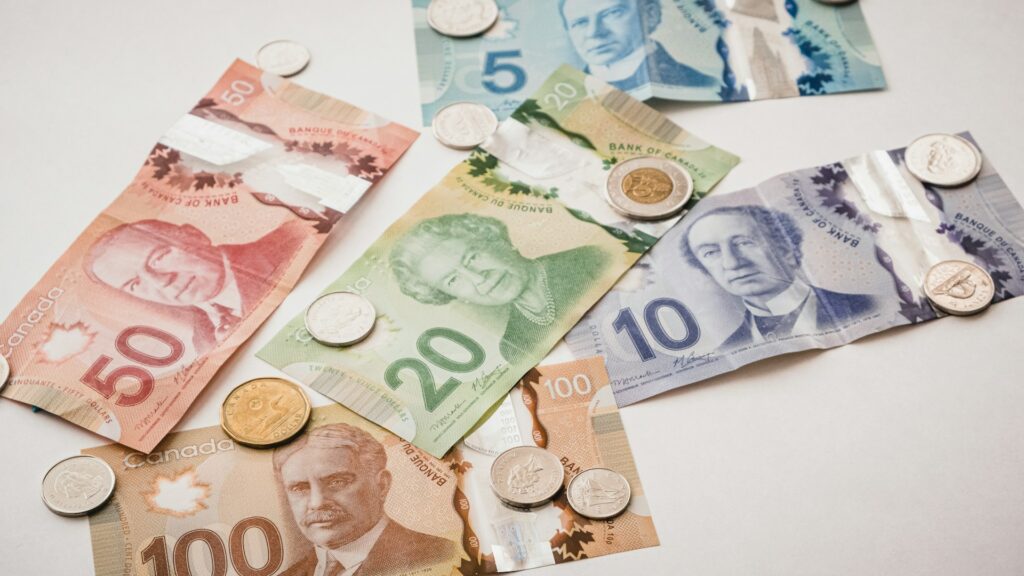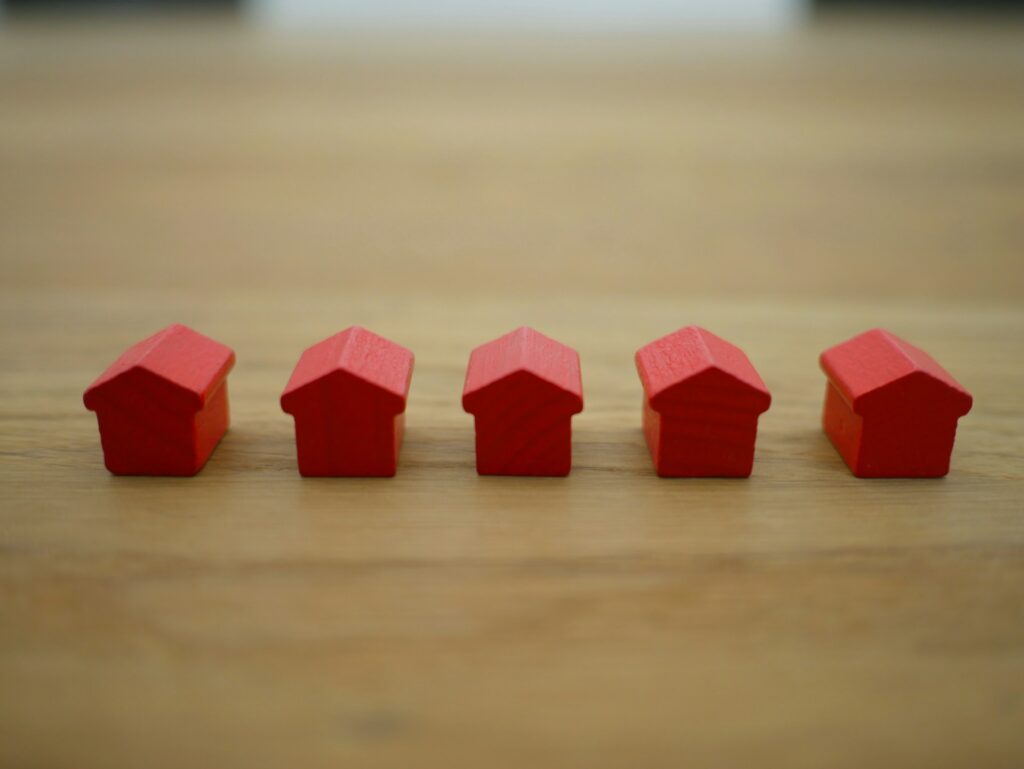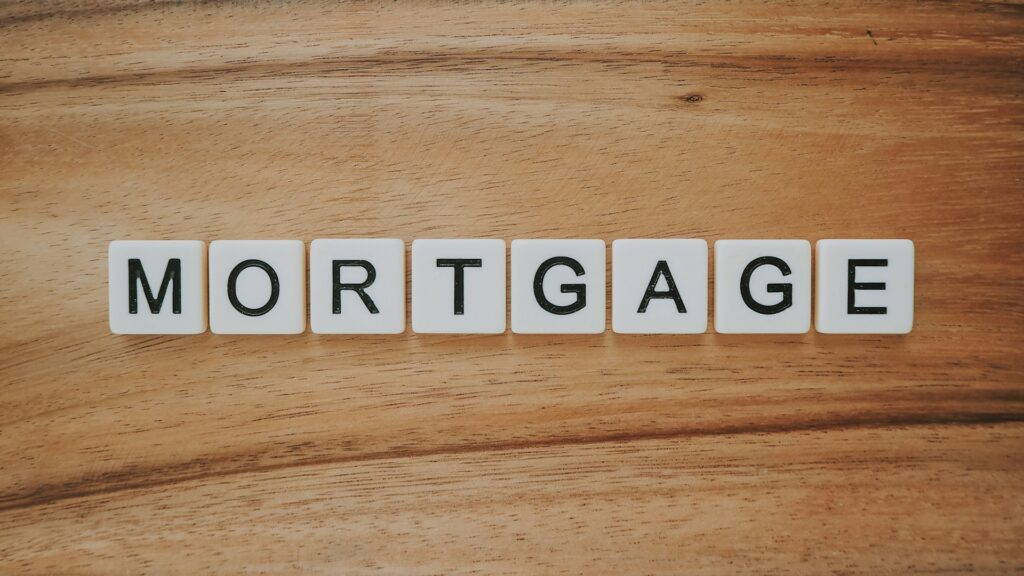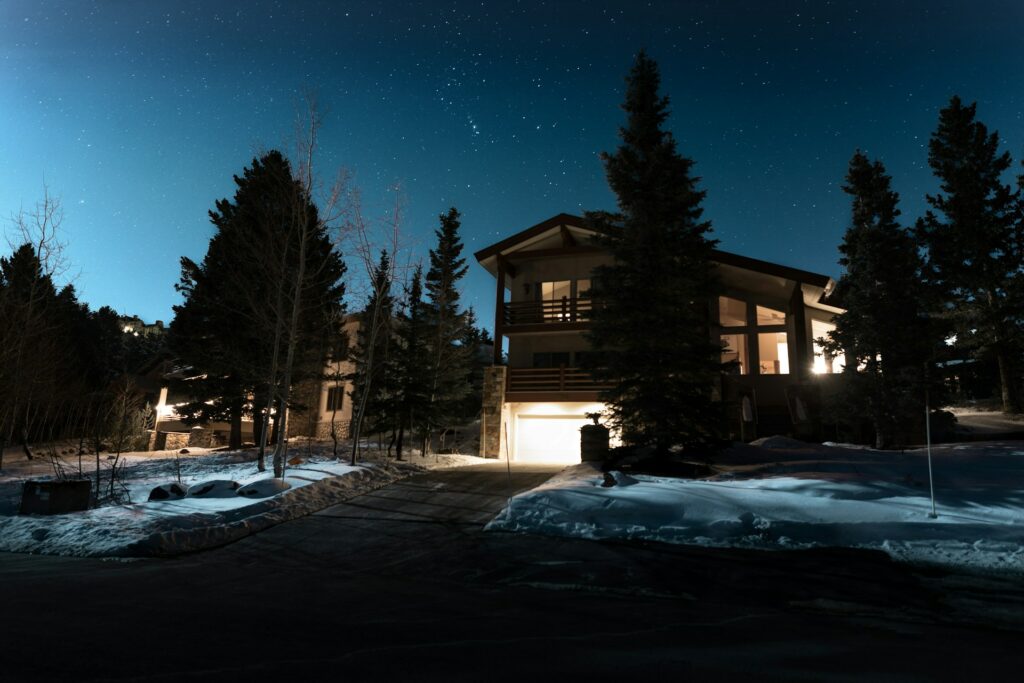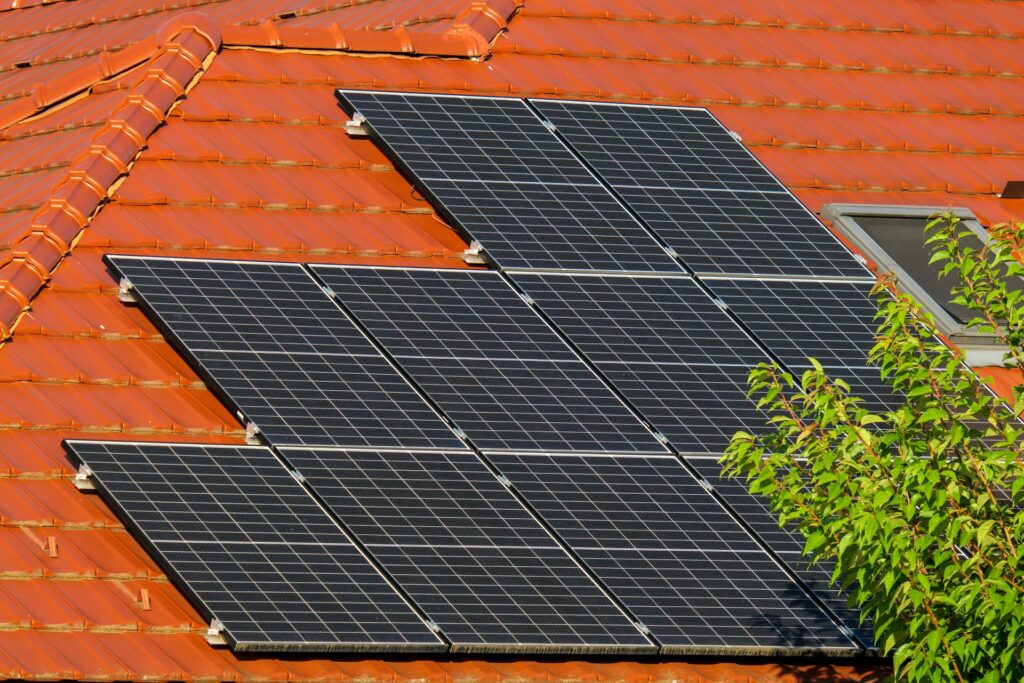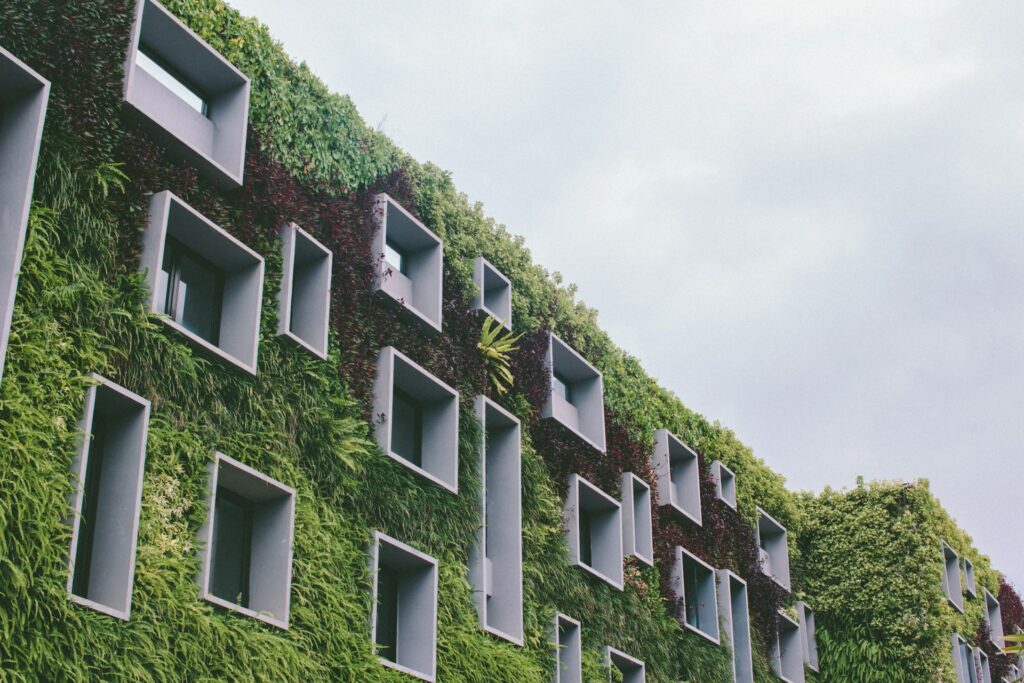Question: What Role Does a Lawyer Play in Buying a House? Answer: A lawyer plays a crucial role in the home buying process by reviewing legal documents, conducting title searches, ensuring the property’s legal status, facilitating the transfer of ownership, and overseeing the closing process to ensure all legal requirements are met. What Role Does […]
Question: Can a Seller Cancel an Accepted Offer? Answer: In certain circumstances, a seller may be able to cancel an accepted offer, but it depends on the terms outlined in the purchase agreement and local real estate laws. Typically, once both parties have signed a legally binding contract, canceling the offer may require mutual agreement […]
Question: Does a Home Seller Have to Accept a Full Price Offer in Canada? Answer: No, a home seller is not obligated to accept a full price offer in Canada. Sellers have the right to negotiate and may choose to accept, reject, or counter any offer they receive. Does a Home Seller Have to Accept […]
Question: When Should You Make a Lower Offer on a House? Answer: You may consider making a lower offer on a house if the property has been on the market for a long time, if there are significant flaws or needed repairs, or if similar properties in the area have sold for less. When Should […]
Question: Can You Ask a Seller Why They are Selling? Answer: Yes, you can ask why they are selling their property. However, they are not obligated to provide an answer, and some may prefer to keep their reasons private. Can You Ask a Seller Why They’re Selling? The Motivation Behind the Move A house isn’t […]
Question: What Happens After You View a Property? Answer: After viewing a property, you may decide to make an offer if you’re interested. Your real estate agent can guide you through the process of negotiating with the seller, conducting inspections, and finalizing the purchase agreement. What Happens After You View a Property? Stepping Out of […]
Question: When Should I Switch to a Fixed-Rate Mortgage? Answer: You may consider switching to a fixed-rate mortgage when interest rates are low and you want to lock in a stable rate for the long term. This can protect you from potential rate increases in the future, providing stability and predictability in your mortgage payments. […]
Question: What is the Biggest Factor in Getting a Mortgage? Answer: The biggest factor in getting a mortgage is your creditworthiness, including your credit score, income, employment history, debt-to-income ratio, and the amount of your down payment. Lenders assess these factors to determine your ability to repay the loan and the terms of your mortgage. […]
Question: Is it Better to Go for a 2-year or 5-Year Fixed Rate Mortgage? Answer: Choosing between a 2-year and 5-year fixed-rate mortgage depends on factors such as your financial situation, interest rate outlook, and risk tolerance. A 2-year mortgage offers lower initial rates but requires refinancing sooner, while a 5-year mortgage provides stability but […]
Question: What is the Downside of a Variable Rate? Answer: The downside of a variable rate mortgage is that the interest rate can fluctuate with market conditions, leading to unpredictable monthly payments and potentially higher costs if interest rates rise significantly over time. What is the Downside of a Variable Rate? The Allure and Uncertainty […]
Question: What are the Disadvantages of a Fixed-Rate? Answer: The disadvantages of a fixed-rate mortgage include potentially higher initial interest rates compared to variable rates, limited flexibility if rates decline, and potential penalties for breaking the mortgage term early. What are the Disadvantages of a Fixed-Rate? Understanding the Drawbacks Fixed-rate mortgages offer the stability of […]
Question: What is the Lowest Down Payment for a House in Canada? Answer: In Canada, the lowest down payment for a house typically starts at 5% of the purchase price for qualified buyers, although some programs may offer options for down payments as low as 3% or even 0% for certain eligible borrowers. Down Payment […]
Question: Does the Government of Canada Help with Down Payments? Answer: Yes, the Government of Canada offers assistance with down payments through programs like the First-Time Home Buyer Incentive (FTHBI) and the Home Buyers’ Plan (HBP), which allows qualified buyers to withdraw funds from their RRSPs tax-free for a down payment. Does the Government of […]
Question: Can You Get a Mortgage Without Insurance in Canada? Answer: Yes, you can get a mortgage without insurance in Canada if you have a down payment of at least 20% of the purchase price, as mortgages with less than 20% down payment typically require mortgage insurance. Can You Get a Mortgage Without Insurance in […]
Question: Does a Mortgage Pre-Approval Affect Credit Score? Answer: A mortgage pre-approval typically involves a soft inquiry on your credit report, which does not affect your credit score. If a lender performs a hard inquiry during the pre-approval process, it may have a minor and temporary impact on your score. Does a Mortgage Pre-Approval Affect […]
Question: How Long Does It Take to Get Approved for a Mortgage? Answer: The time it takes to get approved for a mortgage can vary depending on factors such as the lender’s processing time, the complexity of your financial situation, and the completeness of your documentation. Generally, it can take anywhere from a few days […]
Question: Can Closing Costs Be Rolled into a Mortgage in Canada? Answer: In Canada, some lenders may allow you to roll closing costs into your mortgage, but this practice varies depending on the lender and the specific mortgage product. It’s important to discuss this option with your lender and understand the implications before proceeding. Can […]
Question: What is the Penalty for Switching a Fixed Mortgage? Answer: The penalty for switching a fixed-rate mortgage before the end of its term varies depending on factors such as the remaining term, the interest rate differential, and the lender’s specific policies. It is often calculated as the greater of three months’ interest or the […]
Question: What is the Early Exit Fee for Mortgage? Answer: The early exit fee for a mortgage, also known as a prepayment penalty, is a fee charged by lenders if you pay off your mortgage before the agreed-upon term. This fee is typically calculated as a percentage of the outstanding balance or a certain number […]
Question: Do You Save Money by Paying Off Mortgage Early? Answer: Paying off your mortgage early can potentially save you money on interest payments over the life of the loan. However, it’s essential to consider factors such as prepayment penalties, opportunity cost of tying up funds, and the impact on your overall financial situation before […]
Question: What Fees are on Top of Mortgage? Answer: Along with your mortgage payments, there are several fees and costs you may encounter, including closing costs, property taxes, homeowners insurance, mortgage insurance (if applicable), maintenance fees (for condos), utilities, and possibly homeowners association (HOA) fees. What Fees are on Top of Mortgage? Beyond the Down […]
Question: How Big of a Mortgage Can I Afford in Canada? Answer: The size of the mortgage you can afford in Canada depends on factors such as your income, expenses, debt obligations, credit score, down payment amount, and the current mortgage interest rates, typically determined by applying for a mortgage pre-approval. How Big of a […]
Question: What is the Minimum Credit Score for a Mortgage in Canada? Answer: The minimum credit score required for a mortgage in Canada typically ranges from 600 to 680, depending on the lender and the type of mortgage. However, a higher credit score often leads to better interest rates and more favorable loan terms. What […]
Question: Can You Buy a House in Canada with No Down Payment? Answer: While it’s challenging, it is possible to buy a house in Canada with no down payment through programs like the First-Time Home Buyer Incentive (FTHBI), which offers shared equity mortgages allowing eligible buyers to finance a portion of the purchase price without […]
Question: Can You Pay a Down Payment with a Credit Card? Answer: While it’s technically possible to pay a down payment with a credit card, most sellers and lenders don’t accept this method due to the high transaction fees and potential risk of default. However, some alternative financing options may allow for using a credit […]
Question: Can You Borrow Money for a Down Payment? Answer: Yes, some lenders allow borrowers to use borrowed funds, such as personal loans or lines of credit, for the down payment on a home purchase. However, this practice may increase your debt-to-income ratio and affect your mortgage eligibility and terms. Can You Borrow Money for […]
Question: What is the Green Building Rating System in Canada? Answer: The primary green building rating system in Canada is LEED (Leadership in Energy and Environmental Design). Administered by the Canada Green Building Council (CaGBC), it is a third-party certification program that evaluates a building’s environmental performance and encourages sustainable design, construction, and operation practices. […]
Question: What is LEED Green Certificate? Answer: LEED (Leadership in Energy and Environmental Design) is a globally recognized green building certification. It verifies a building is designed for high performance in key areas of human and environmental health, including energy savings, water efficiency, and reduced CO2 emissions, creating a healthier, more sustainable space. The LEED […]
